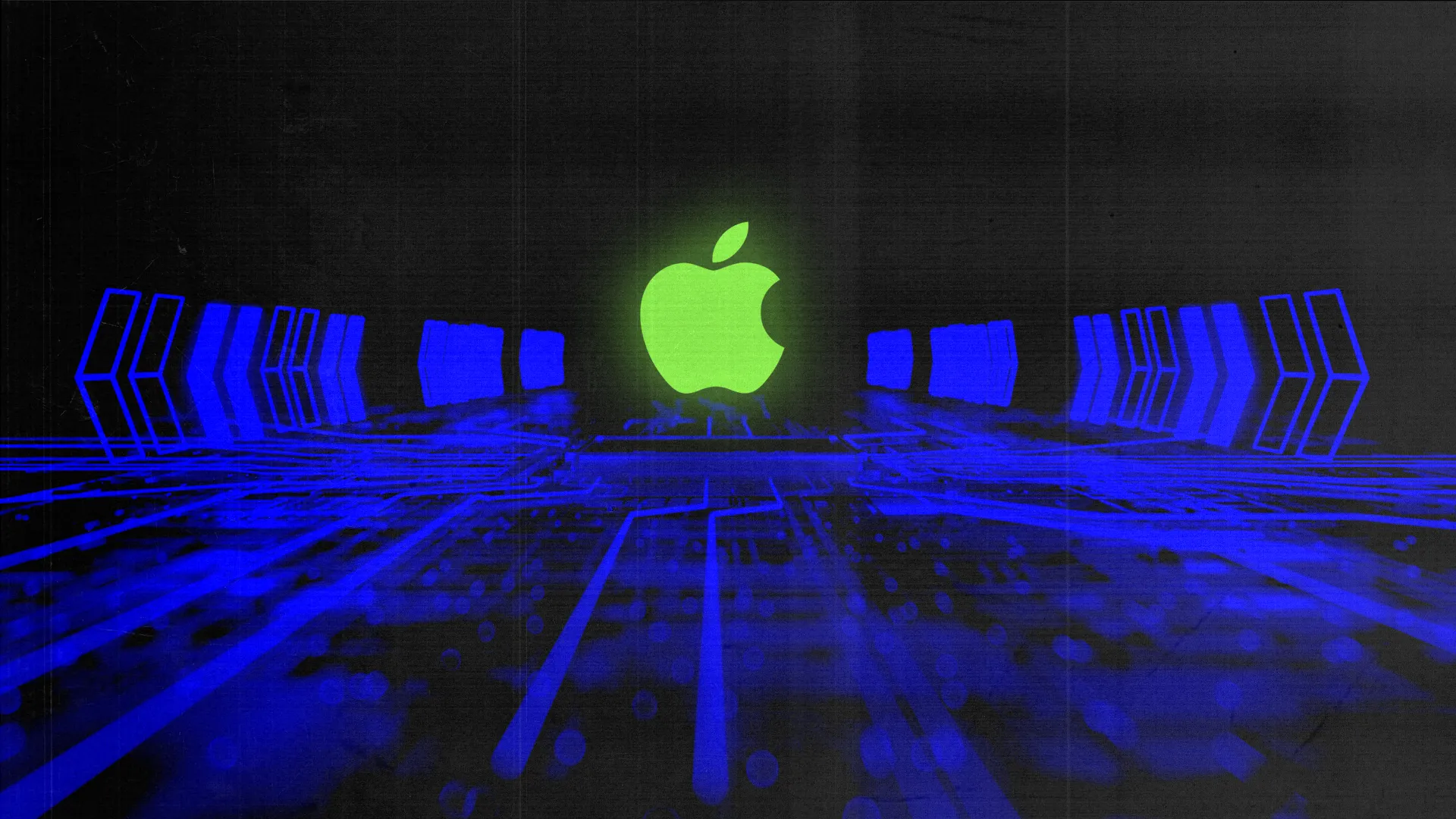This week, Apple announced Apple Intelligence (“AI” for short – classic Apple) for iPhone, iPad, and Mac, which they’ll roll out with iOS 18 and macOS Sequoia.
Apple has waited in the wings for 18 months as the AI hype played out. They watched Google try to play (and continuously fumble) OpenAI’s game of “ready, fire, aim.” Then they landed the suckerpunch – AI everywhere: Invisible, accessible, and making our lives better.
While most of these Apple Intelligence updates are novel – photo improvements, new emojis, and writing gimmicks – behind these features are bigger implications for AI. So let’s break them down.
Our biggest takeaways
1. Only Apple could have started consumer AI
Apple’s main advantage continues to be their ecosystem – the interconnected network of Apple devices, software, and services. Every Apple product you own is working together to create a seamless experience – and their AI features will fold right into that.

So while everyone else has been working on AI for enterprise, Apple is introducing AI tools that consumers will love without even really noticing they’re there. And these little moments of delight are what make the cost of living in Apple World worth it – especially considering a new iPhone starts at $1k and a single dongle will put you out 10 bucks.
2. They’re selling the dream (and it makes GPT look crude)
Apple’s update was delivered from their HQ in Silicon Valley – a magical, verdant workplace like no other on Earth – and they focused on improvements to our lifestyle as opposed to our work. It felt dreamy. In essence, they’ve packaged AI into an easy-to-swallow experience that evokes the “AI utopia” we’ve all heard AI optimists spin.

In comparison, ChatGPT feels crude. You have to prompt it, and often it hallucinates, crashes, or takes 10 seconds to tell you it can't answer a question. Apple’s AI experience circumvents all that ugliness.
3. They promise privacy they can actually deliver on
Data privacy is one of the top concerns we hear from AI skeptics, real or imagined. And privacy is a key brand promise for Apple – when they updated their cookie rules 3 years ago through App Tracking Transparency, they completely changed the standard for privacy practices in the tech industry.
The vast majority of their AI features are performed on-device, excluding their ChatGPT integration (which is optional). For their built-in features, they’re using their own chips – Apple Silicon – rather than Nvidia’s, and their own small language model designed to run on a phone or tablet. They set and control the privacy standard end-to-end, so your data never leaves your device.
Bottom line: Do they have your data? Yes. Are they using it to create new and better experiences? Yes. But are they giving to anyone else? No.
4. Apple’s theory: AI will stimulate consumer upgrades
OpenAI just made ChatGPT4o free (with some limitations) so we know their playbook: Get us addicted to free/low-cost AI, then get us to pay more later (sound familiar?). As long as investors are willing, the plan should work – it just means Sam Altman is probably in Riyadh every week to get his hands on the hundreds of millions he needs to fund it.
Apple has upwards of $67B in the bank. They don’t need the Saudis. What they do need is to stimulate consumer demand as growth has slowed. Only diehards are willing to pay for a new iPhone or iPad every year for incremental improvements.
What people might pay for: AI. These cool new AI features are only available on iOS 18 devices (and even then, it’s limited to the iPhone 15 Pro, iPhone 15 Pro Max, plus iPad devices and Macs running the M1 chipset and newer).
5. OpenAI’s involvement was downplayed, but undeniable
ChatGPT doesn’t power the Apple Intelligence experience – it’s just offered as an option to Apple users on iOS 18. And during the announcement, Sam Altman was in the crowd rather than on the stage (clearly Tim Cook doesn’t share Satya Nadella’s crush).
But while OpenAI was only mentioned lightly, their influence goes beyond the ChatGPT integration. Apple couldn’t have done this alone – Siri has failed to live up to her potential for years.
OpenAI invented the category of usable AI and forced everyone into the future. Apple finally woke up, killed the autonomous car project, and focused. And since iOS 18 isn’t coming until fall 2024, they have time to turn the impressive demos into a working product.
6. So should we be excited? Yes.
- AI will become invisible and ubiquitous for the everyday consumer. It will work seamlessly in the background on our devices, in both trivial and meaningful ways. Firing up an app like GPT4o and struggling with prompts and hallucinations will look archaic in a couple years.
- Agents are coming. AI is too hard for most of us to work with – so agents (smart systems that can understand the environment they’re in, make decisions, and take actions to achieve goals) are being hyped as the solution. One billion iPhone users will get to try out a Siri that can move across apps to complete tasks. If it works, it’ll be huge.
The bottomline
It’s been a while since I watched an Apple announcement, but I thought they nailed it. It looked like Tim was on a fantasy island where just a few very smart and good looking people get to work.
The future of AI belongs to those who can make it disappear, and Apple teased the future: Siri, your voice-activated agent, making your everyday life easier.
In this future, OpenAI and Microsoft win the enterprise AI race, but Apple takes consumer AI. Google will probably still be trying to get Gemini to stop telling people to put glue on their pizza.











